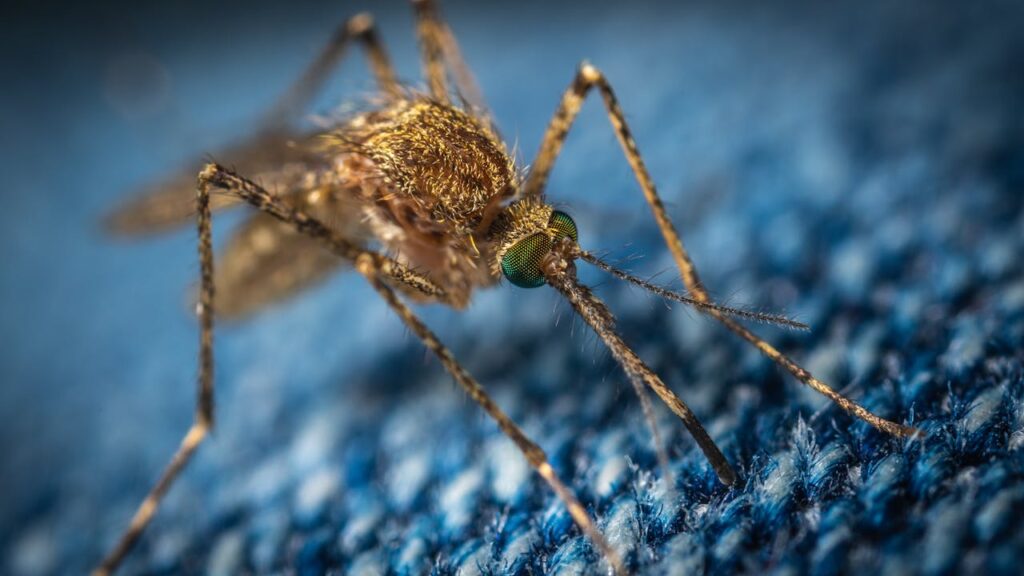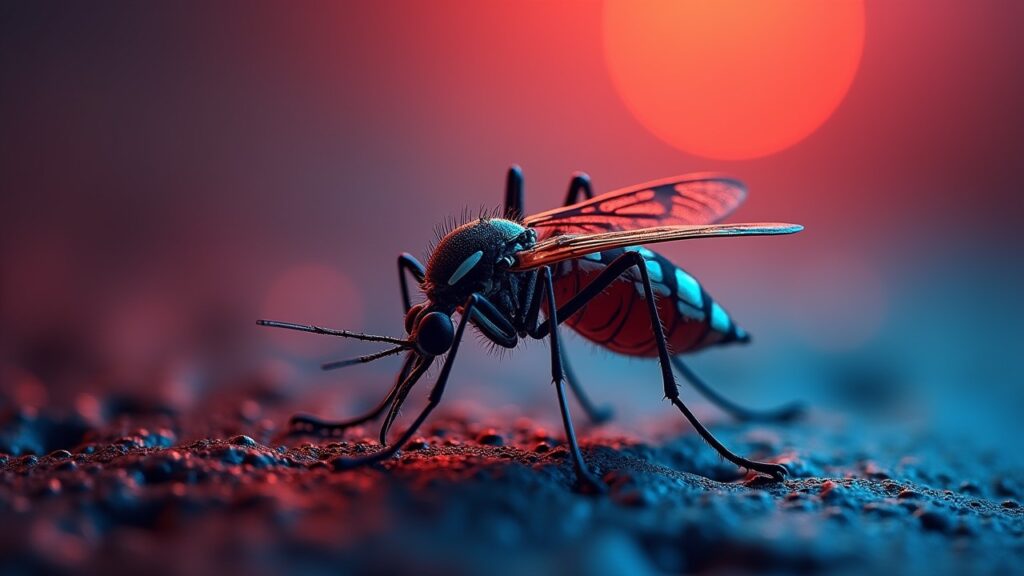Avoid Mosquito Bites
- Use Insect Repellent: Apply insect repellent on exposed skin and clothing. Choose products containing DEET, picaridin, or oil of lemon eucalyptus for the most effective protection.
- Wear Protective Clothing: When possible, wear long-sleeved shirts, long pants, socks, and shoes. This minimizes the skin exposed to mosquito bites, especially during dawn and dusk, when Aedes mosquitoes are most active.
- Use Mosquito Nets: Sleep under mosquito nets, especially if you live in an area prone to dengue. Bed nets are also crucial for infants, young children, and the elderly who may be more vulnerable.
- Install Window and Door Screens: Ensure your home is mosquito-proof by using screens on windows and doors. Check for holes and repair them as needed to prevent mosquitoes from entering your home.
Eliminate Mosquito Breeding Sites
- Remove Standing Water: Aedes mosquitoes breed in stagnant water. Regularly empty, cover, or clean any items that may collect water around your home, including flowerpots, buckets, pet bowls, and birdbaths.
- Keep Gutters Clean: Blocked gutters can trap water and create breeding spots for mosquitoes. Ensure gutters are cleared of debris and flowing smoothly.
- Change Water in Vases and Plant Containers: Stagnant water in flower vases and indoor plant containers can quickly become a mosquito breeding ground. Refresh water in these containers frequently.
- Cover Water Storage Containers: If you store water for household use, ensure all containers are tightly covered to prevent mosquitoes from laying eggs.
- Dispose of Old Tires and Unused Containers: Old tires, cans, and containers that collect rainwater are ideal for mosquito breeding. Dispose of or store them where they won’t collect water.
Prevent Mosquito Entry Indoors
- Use Mosquito Traps: Place mosquito traps indoors and outdoors, especially around doors and windows. These traps attract and capture mosquitoes, helping to reduce their population.
- Use Electric Mosquito Zappers or Coils: Electric mosquito repellents, coils, and other mosquito deterrents can help reduce mosquitoes indoors.
- Air Conditioning and Fans: Mosquitoes are less likely to be in cool areas or in rooms with circulating air. Keep fans or air conditioners running, especially in sleeping areas.
Community Involvement
- Organize Community Clean-Up Campaigns: Join or organize neighborhood clean-up days to remove standing water sources in public spaces and encourage everyone to participate in dengue prevention.
- Educate and Raise Awareness: Spread awareness about dengue prevention measures among friends, family, and neighbors. Inform them about the importance of eliminating mosquito breeding sites and recognizing symptoms.
- Support Local Authorities: Participate in local efforts by health organizations and authorities to control mosquito populations, including fogging or larvicide treatments in your community.
Monitor for Symptoms
- Early Detection: Be vigilant for signs of dengue and seek medical attention if you or a family member develops symptoms like high fever, headache, muscle pain, and rash.
- Stay Informed: Stay updated on dengue outbreaks in your area through news and health advisories. Avoid unnecessary outdoor activities in high-risk periods to minimize exposure.


